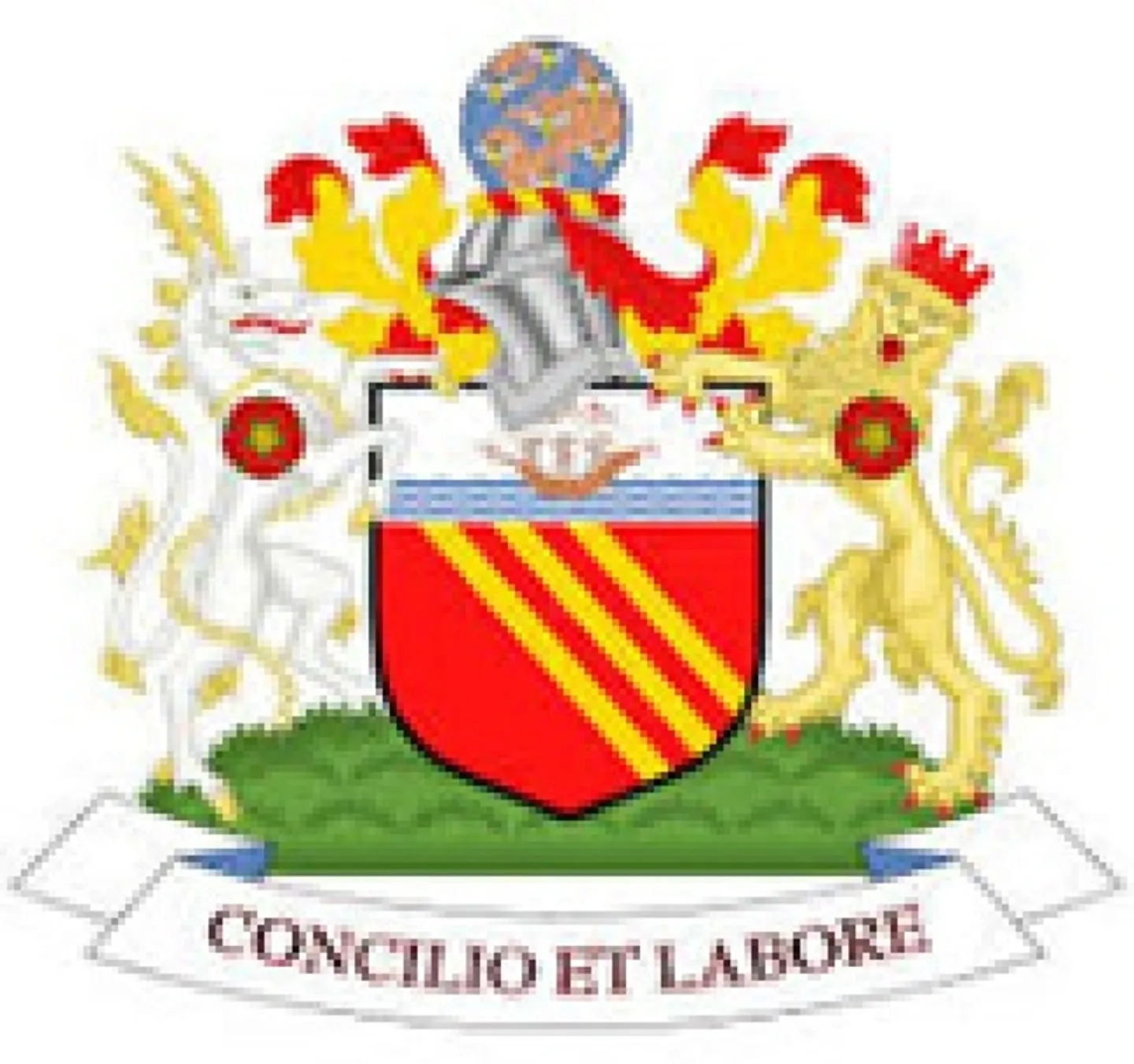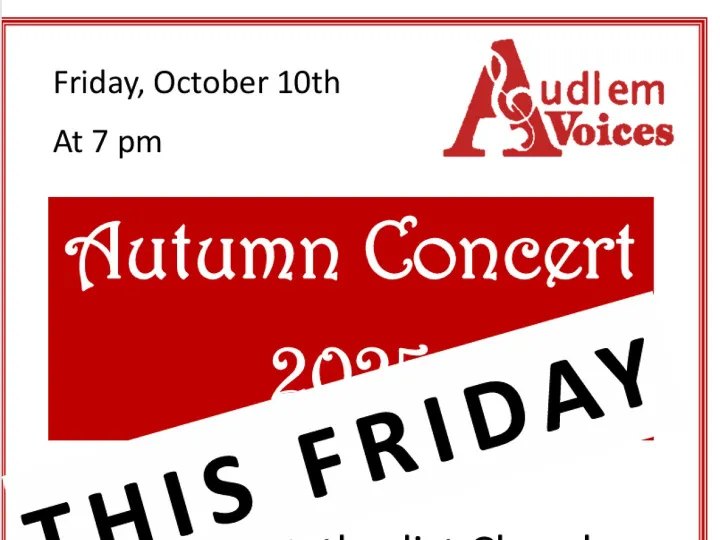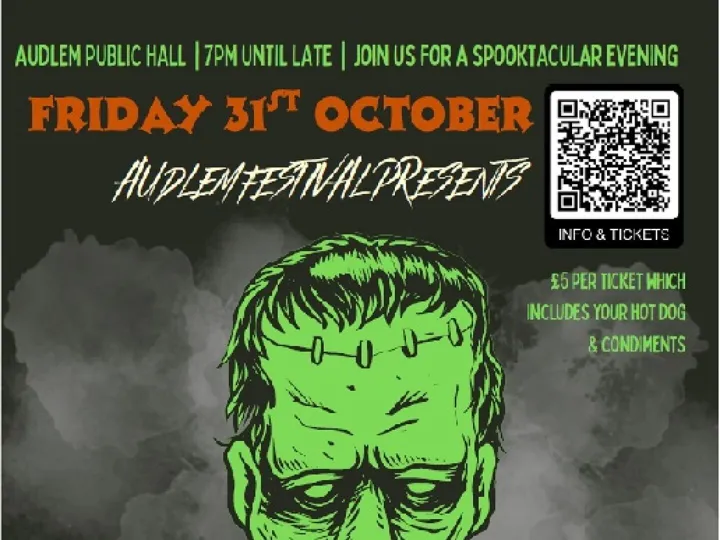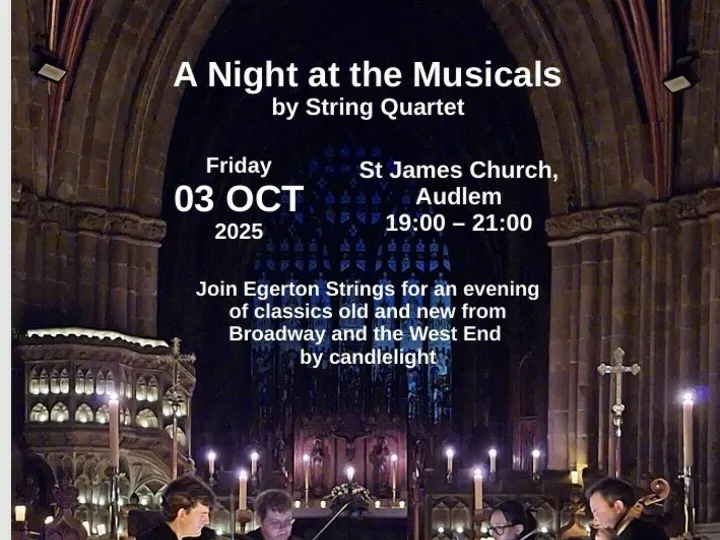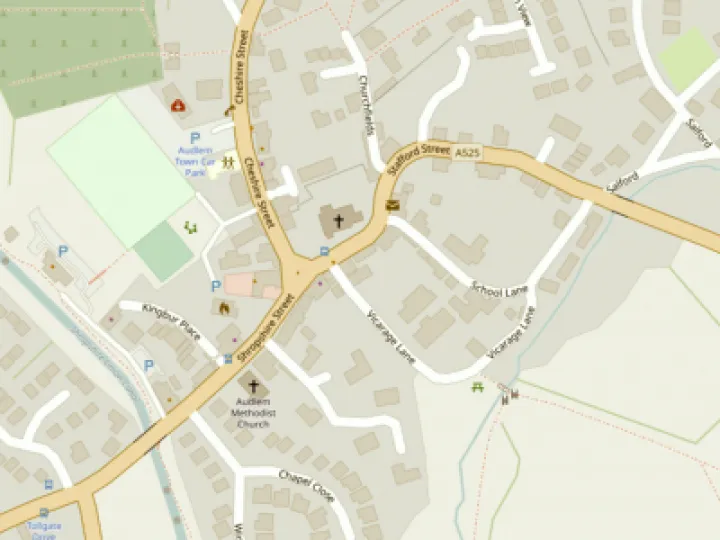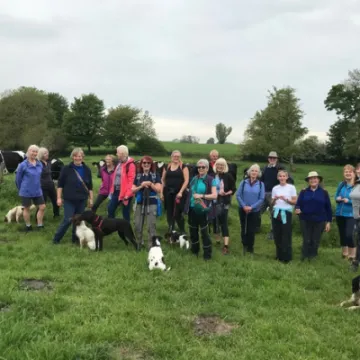
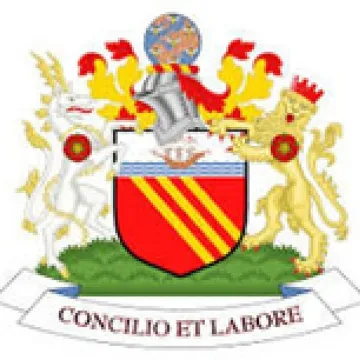


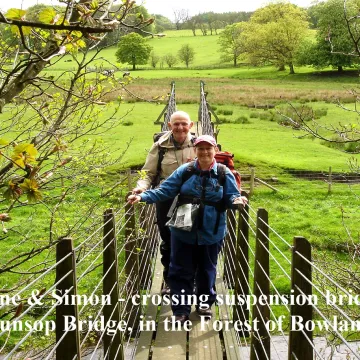



AUDLEM HISTORY SOCIETY
MADE IN MANCHESTER: how it's people shaped the modern world
On Thursday, 16th October 2025 the History Society enjoyed a fascinating and interesting talk by the best selling and acclaimed author, Mr Brian Groom. His works include:
- Northerners A History from the Ice Age to the Present Day.
- Made in Manchester: A People's History Of The City That Shaped The Modern World
- Also, sadly, not in time for the "Christmas Wish List", February 2026 will see Brian publish another book titled These Isles: A People's History of England, Ireland, Scotland & Wales.
Brian introduced himself as being born in Stretford, Manchester and spent his childhood in the area. He went on to enjoy a career in journalism and spent most of his time at the Financial Times, where he was Assistant Editor. He is also a former Editor of Scotland on Sunday.
He talked about the moment during the Christmas Blitz in 1940 when his mother, her parents, siblings and the family budgie all managed to squeeze under the kitchen table as the blitz started without warning. It was a quick thinking move that saved all their lives despite their family home being destroyed.
Brian brought to life the people and places of Manchester as well as it's long history. He started with the Romans in 89 AD building the fort Mamucium but swiftly moved on through the centuries to the height of the Industrial Revolution when Manchester became known as Cottonopolis. Manchester's backstory is one of birth, growth, decline and reinvention into a modern day success story as seen by the growth of tertiary education.
Universities in Manchester have a long and successful history. Manchester was home to the world's first stored-program computer, 'Baby'. Later, the isolation and characterisation of Graphene in 2004, at the University of Manchester, is considered one of the most significant discoveries in material science in recent decades; winning the Nobel Prize in Physics in 2010. Currently, 26 people affiliated with the University of Manchester have been awarded Nobel Prizes leaving a huge legacy from so many brilliant minds.
Brian's talk was richly supported by a number of photographs of people and places charting the development, decline and regrowth of the city. He talked of the birth of the Industrial Revolution and the close connection of Manchester to the port of Liverpool and the building of the Manchester Ship Canal which opened up the world to, and from, Manchester, making transport for trade and people far more accessible. The Liverpool and Manchester Railway subsequently opened in 1830.
Richard Arkwright gave Manchester its first cotton spinning mill 1781 based in Shudehill. Crowds gathered daily, in awe of the ever increasing height of the mill chimney. By 1800, such chimneys and mills were commonplace. This created a shift in working as people left the countryside to go and work in the city. As a result, the population of Manchester exploded. Not only did the Manchester Ship Canal have a huge impact on Manchester, but other canal networks were being built to facilitate trade. Brian also cleverly worked in the timelines in relation to Audlem and the creation of the (now) Shropshire Union Canal built by Thomas Telford – also the subject of a previous History Society Talk.
Manchester played a defining role in political issues too. The Peterloo Massacre in August 1819 is immortalised in British history and suffragette, Emmeline Pankhurst was born in Moss Side in 1858. Both were instrumental in extending the vote on an equal basis to all men and women. Eventually!
Talking about the building of the Arndale Centre which was quickly derided as 'the biggest toilet block in the world' and, how LS Lowry once asked; 'who let them do that?' He went on to cover the devastation after the Manchester Bombing in 2017 and showed the iconic photograph of the bright red pillar box with devastation all around just outside the Arndale Centre.
Manchester also played a role in the abolition of slavery with over 10,000 people signing a petition. The author, Elizabeth Gaskell was born in Manchester in 1810. The other thing that springs to mind in modern times is sport; namely cricket and football with Lancashire Cricket Ground, Manchester City and, hmmm... what's the other team called...??? Alexa!...
It's fair to say Manchester was built on hard work and innovation and still treasures its wilful independence to this day. Brian brought the history of Manchester and its people to life through his well researched, lively, informative and amusing presentation. A vote of thanks was given to Brian and the people who attended, who make the Audlem History Society what it is. Brian was wished a safe journey back to Saddleworth, where he now lives.
Next Meeting
The date of the next Audlem History Society meeting will be held in the Scout & Guide Hall on Thursday, 20th November, 2025 at 7:30 p.m. The presentation will be given by Mr Ian Jones and is titled: Local Film Treasure Revealed – records by Bob Bonell from 1940's to 1960's. All are welcome to attend and stay for refreshments after the presentation.
Get In Touch
AudlemOnline is powered by our active community.
Please send us your news and views using the button below:
Email: editor@audlem.org

